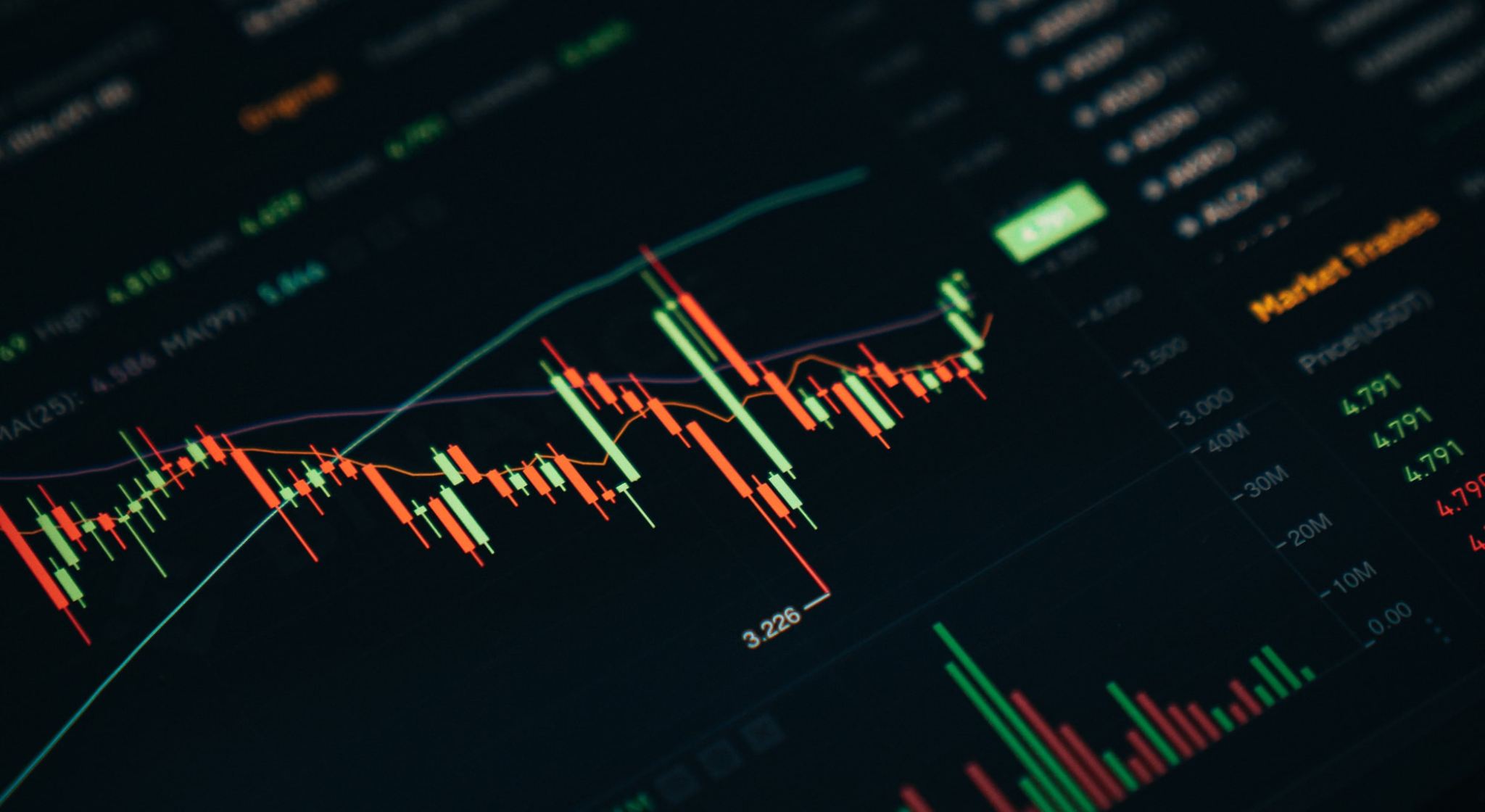11 Ways to Check if a Managed Forex Account Website is Legit or Trying To Scam You
Excerpt: Without a doubt, Forex trading can help you make a good life, but it needs time, work, and talent, just like any other source of income. Consider any online trading platform or service that promises or claims to make you rich rapidly, a red flag. Begin your hunt for alternatives and a regulated broker.
Introduction
Simply put, it is the global financial market that enables currency trading. You can benefit if you predict that one currency will be stronger than the other and are correct. People could actually hop on aircraft and travel overseas once upon a time, before a global pandemic.
If you’ve ever traveled to another nation, you’ll know that you’ll need to find a currency exchange station at the airport and exchange the money in your wallet into the local currency. As you approach the counter, you notice a screen displaying various exchange rates for various currencies. The relative pricing of two currencies from two distinct countries is known as an exchange rate. The world’s largest financial market is the foreign exchange market, also known as “forex” or “FX.” The foreign exchange market is a global, decentralized marketplace where currencies from all over the world are traded.
The market is continuously in motion since exchange rates fluctuate by the second. In the “real economy,” which includes foreign trade and tourism, such as the airport example above, only a small percentage of monetary transactions occur. Rather, the vast majority of currency transactions in the global foreign exchange market are made for speculative purposes. Unfortunately, fraud exists in every business, including the Forex industry. Sleazy Forex brokers are still deceiving naïve traders in 2022, but the good news is that this is no longer the trend and is on the decline. This shift is due to a variety of factors. Today, Internet users keep blacklists of Forex scam brokers up to date and publish them on a regular basis.
The article discusses the many forms of forex scams as well as how to defend yourself against market fraud. We’ll go on how to recognize them in this article. So, let’s get started.
Latest News & Scam Alerts



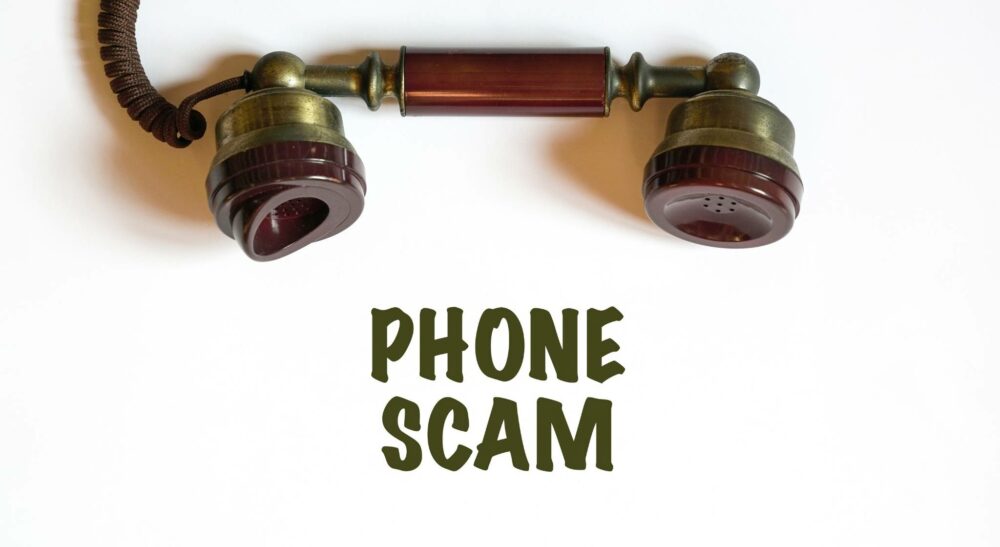
The Latest 411 on Current Day Cell Phone Scam

Smishing: A Whole New Level of Scams & Frauds
7-10% of the U.S. population are victims of Online Scam each year, and 21% of those experience multiple incidents of Internet Scam/Fraud.
CNBC News
If you’re someone who wants to protect your financial data, then you’re definitely at the right place. We can give you the best practices in identifying red flags as well as help you in recovering your stolen money from scammers!
Table of Contents
CHAPTER 1: Managed Forex Account - How To Spot the Scam

It was difficult to differentiate a scam broker from a real broker in the interbank market in the early 2000s when the Forex became accessible to everyone and was just reaching the top height of its popularity, especially if the rookie trader was just getting started.
However, in today’s day of comprehensive globalization and informatization, generic knowledge may be found on the internet in seconds. Protecting against fraudulent schemes of blacklisted Forex brokers has never been easier. You need to look through rating lists. If you need more information, we’ll go over the most common fraud tactics. As you might imagine, fraudsters and scammers go to great lengths to persuade individuals, which makes it tough to recognize them. However, you may learn how to recognize Forex scammers by reading the following information.
Get Rich Quick Mentality
Without a doubt, Forex trading can help you make a good life, but it needs time, work, and talent, just like any other source of income. Consider any online trading platform or service that promises or claims to make you rich rapidly, a red flag. Begin your hunt for alternatives and a regulated broker.
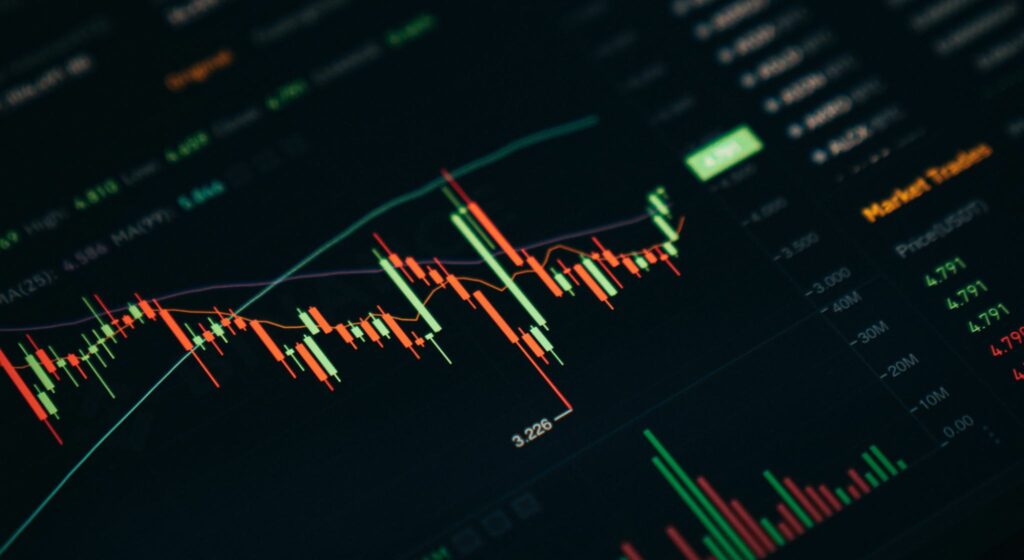
High Profits Promises
Such assurances are a dead giveaway that the Forex broker is a con artist, as no real broker can guarantee a trader a significant profit. Furthermore, data show that just 11-25 percent of new traders become professional players in the foreign currency market and start making money.
Guaranteed Success
There is nothing that any professional, reputable broker or other institution can guarantee in the Forex market.
The foreign currency market is essentially a chaotic system impacted by an infinite number of variables and influences. As a consequence, anything can happen at any time, which means that no trader can completely eliminate risk. Consider it a fraud, report it (if feasible), and walk away if you hear someone boasting or professing to ensure your success.
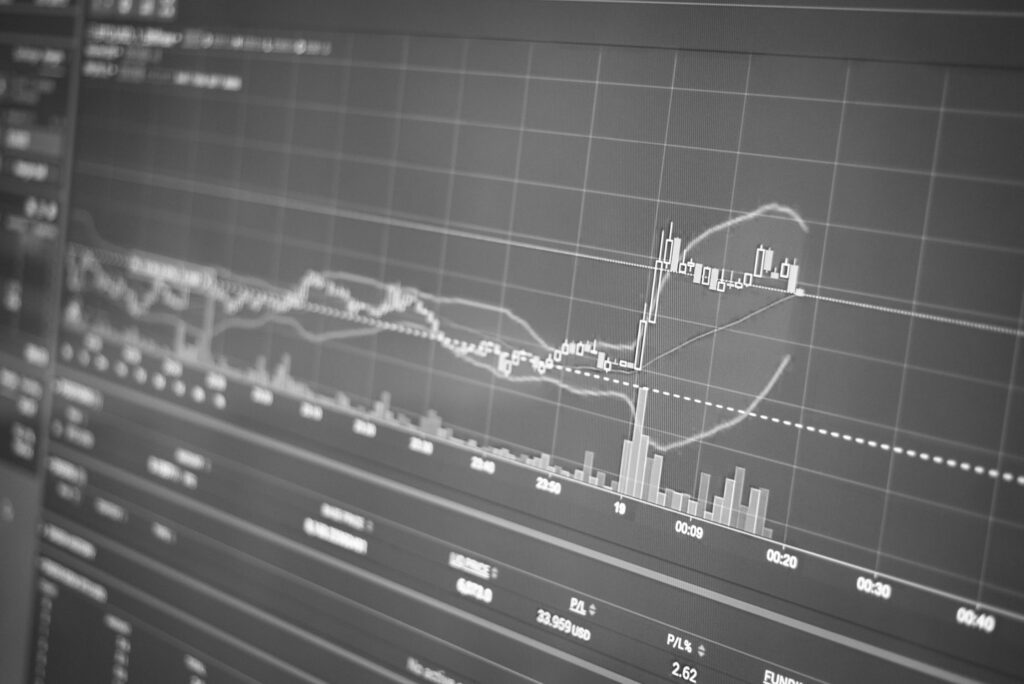
No Contact or Background Information
If you’ve ever worked with a legitimate internet trading platform, you’re already aware that their contact and address information is made public.
It’s never a smart idea to rely just on charts or flow diagrams to illustrate a platform’s success. Look for background information as well as formal profit and loss statements. Check out their license, terms and conditions, and contact details.
We recommend that you only use an online Forex trading platform that provides a sample account so that you may test their services (particularly their customer care) without risking your actual money. Most crucial, check to see if the brokerage you’re contemplating is licensed by well-known financial institutions in your area.
HAVE YOU BEEN SCAMMED AND NEED HELP IN FIGHTING BACK?
Scammers can create complex scams that can trap even the most cautious of people. But it’s not too late because we can help you track the damage done by scammers.
We can help you get your money back!
Unsolicited Marketing
One of the most common symptoms of deceptive behavior is persistent and uninvited marketing.
It’s almost always a fraud if someone tries to sell your Forex services with insufficient information. Keep in mind that unless you’re opening an actual trading account, no respectable online trading platform will ask for your personal information. Only a fraudster will ask you to supply personal information that he or she can use to steal your identity.
They Claim That There is No Risk
This is also a sign of a con because the trader’s success is unrelated to the broker’s.
The trader’s strategy, that is, how he diversifies the risks, plays a critical role. A legitimate broker, for example, might split a deposit among numerous currency pairings or employ auto trading. It’s hard to entirely eliminate Forex risk.

No Regulation
Legitimate Forex brokers are required by law to be regulated by an authorized organization – either a public or private licensing corporation.
The information about regulators can be found on the broker’s website, and you can double-check it on the regulator’s website. This is public information, and the license’s legitimacy may be verified in a matter of minutes. Naturally, the actions of companies on the blacklist are unregulated.
Fake Ratings
Many blacklisted Forex brokers enjoy bragging about their high rankings in some shady rating surveys. However, they only display ratings from their own site or a third-party resource that is owned by the same person and has no bearing on the Forex market.

SSL Certificate
This is an important feature, yet many traders overlook it. An SSL certificate is a site’s digital signature that ensures the security and secrecy of the server connection. That is, the chances of getting malware or spyware that will send your data to third parties are extremely low when you visit this website.
CHAPTER 2: Three Types of Forex Scams to Stay Away From
Scammers are attracted to large sums of money as the Forex is a huge market. By employing “secret algorithms” or clever bots to perform trading for you, the majority of Forex trading scams guarantee unreal and speedy returns.
It’s critical to be sure the forex broker you’re dealing with is legitimate and authorized by reputable financial institutions. A Forex scam is a deception scheme in which scammers claim to offer a trading strategy that will allow them to make a large profit in a short amount of time. Forex scams became a popular fraud type in early 2008, according to the CFTC (Commodity Futures Trading Commission). It’s not to say that any online trading program that promises large profits is a rip-off. That’s because it’s feasible to make a lot of money, but it’s not realistic to promise everyone instant income.
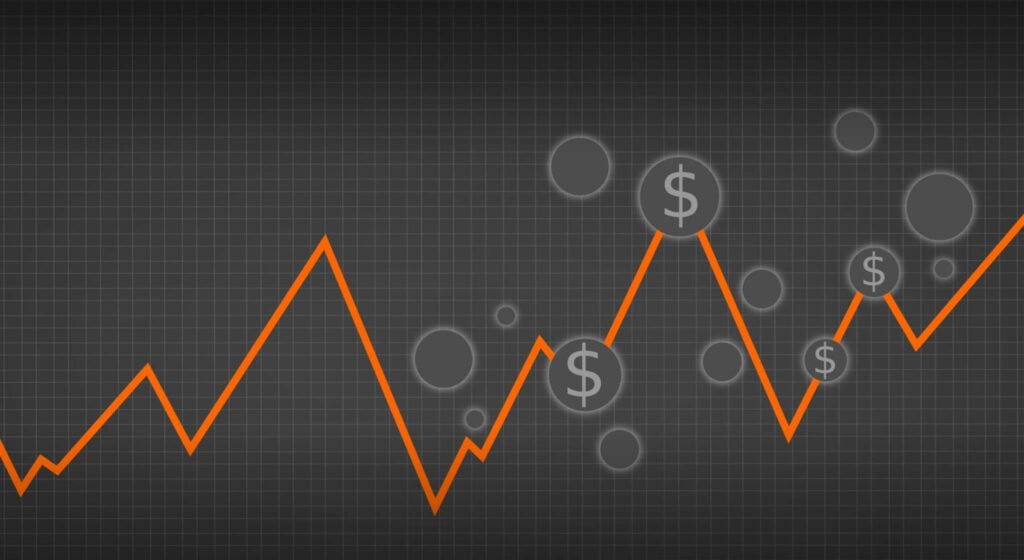
Robot Scams
Trading scams exist in a variety of shapes and from a variety of brokers, and some traders are able to get away with them in the long run.
They are frequently provided to traders in a natural and subtle manner when they are least expecting it. Scams have evolved in the forex trading sector to be camouflaged in the creation of forex robots. The appeal of these robots is that they perform tasks on your behalf, allowing you to make money with less effort. The danger arises from the fact that these robots have complete access to your trades. Although not all bots are hazardous, traders should avoid employing trading robots without first conducting rigorous research. A Forex Robot, also known as a Trading Bot, is a computer algorithm that trades Forex automatically. But the reality is that the market is also rife with innumerable con artists.
The most common victim of this form of fraud is a rookie trader who is offered a trading bot that is incapable of producing any money. It implies that the so-called trading bot is incapable of making well-informed decisions. Instead, it employs curve fitting, which employs historical market data to generate solid patterns. However, the market does not necessarily behave in the same way it did previously.

Forex robots were created as a means of automating trades. Expert Advisors (EAs) oversee your trades as you go about your day, allowing you to focus on other things. They’re programmed to make the best moves at the ideal moments. Most brokers provide these robots, which have grown in popularity in the market. They are advertised as a get-rich-quick trading option since they possess all of the necessary knowledge and abilities to make you money. This isn’t always the case, though.
While these bots are extremely sophisticated and have the ability to observe markets more closely than a human eye, their technology does not eliminate the possibility of losses or blunders. Real intelligence that can observe markets and infer conclusions that will build strategies to suit their trades is usually the greatest way to make deals. This method appears to be more viable if automated trading is based on tailored techniques. This kind of automatic trading cannot be applied to forex robots because they have their own data and procedures built into them. Furthermore, the intuitive understanding you’d have as markets shift and fluctuate is impossible to recreate in a robot, allowing for greater risk.
Forex robots aren’t only sold by brokers; they may also be purchased privately on the internet. These are offered as programs at a higher cost than those offered by a forex broker. As a result, most traders opt for the bot offered by their broker. When it comes around to the usage of bots, it’s important to remember that while the reported success of these bots may be genuine, it was most likely derived from a random period of success. As a result, they aren’t necessarily a genuine indication of your bot’s prospective success, especially if brokers profit from your losses. Professional forex traders do not generally advise against utilizing robots, but they do emphasize the importance of thoroughly researching and testing the robot before employing it in live transactions.

An old and new deception appears in various sorts of forex-developed trading systems. These con artists brag about their system’s capacity to create automated transactions that create significant sums of money while you sleep. Because the technique is entirely automated by computers, the word “robot” has been coined. In any respect, many of these systems have never been exposed to a formal third-party examination or testing.
While examining a forex robot, the variables and optimization codes of a trading market must be tested. If the parameters and optimization codes are incorrect, the system will generate random buy and sell signals. As a result, naive traders will only engage in gambling. Despite the fact that there are tried and true systems on the market, potential forex traders should do their research before agreeing to one of them.
If you got scammed and need advice on how to get your money back then we can help you. Contact Us today!
Trading Signals/Signal Seller Scams
It’s possible to find online platforms that claim to provide traders with solutions that tell them when the optimal moment is to buy and sell currency pairs in order to benefit. Investing account firms, pooled asset managers, and retail traders are the most common perpetrators of signal seller scams. Such organizations or people with enticing portfolios charge novice traders monthly, weekly, or even daily fees in exchange for their advice.

This method can be automated, manual, or a combination of both, depending on current market trends and technical analysis. Traders’ money is usually taken by signal sellers, who then vanish. To avoid being duped, familiarize yourself with the best legal signal providers’ ratings. A common modern-day con is the signal salesperson. Signal sellers are retail firms, pooled asset managers, managed account firms, and individual traders who charge a fee for a method that purports to discover favorable moments to buy or sell a currency pair based on professional advice that will make anyone wealthy.
They boast about their extensive trading expertise and abilities, as well as references from others attesting to the person’s abilities as a dealer and friend, as well as the significant riches they have earned for themselves. The inexperienced trader only needs to fork over some money in exchange for trading advice. Before vanishing, many signal-seller con artists steal money from a small number of traders. Some will recommend a fantastic offer now and then to keep the signal money flowing. This new ploy is fast gaining popularity. Even though there are honest signal sellers that conduct out trade operations as planned, caution is advised.
- Many traders rely on seller indications to make decisions. They are the best instrument the market has for producing accurate forecasts about future trading success since they show what the financial markets are doing.
- Traders can now acquire information packages that purport to include useful indicators of which direction to trade. Scammers take advantage of this weakness.
- Some con artists construct a succession of forged signals that appear legitimate but lead a trader down the wrong road in a way that benefits only the broker.

Because of the high demand for signals on the market, forex traders must be careful not to fall victim to a sort of fraud known as “signal selling schemes.” Because of the widespread dissemination of false information and technical improvement, this type of fraud is conceivable. This post will look at the dangers of a forex signal seller scam and offer some advice on how to not become a victim.
This particular type of forex scam can affect a wide range of traders, and it is unwise for any trader to assume that they are immune. Those who have spent a lot of time in the foreign exchange market will have a better understanding of what information is real and what is not. Those with little forex experience, on the other hand, are the most vulnerable. Traders who are just getting started on the forex trading ladder may be more willing to take more risks, putting themselves in danger.
There is no one-size-fits-all manner for a signal-selling scammer and a potential victim to meet, but there are a few common paths. A scammer offering signal information will most likely create a website, which it will promote and advertise online as an apparently reputable source of forex suggestions. Alternatively, it might locate consumers on a social networking platform like Instagram, where it can even show off the lifestyle that a trader can achieve by employing the signal service.

Once a scammer has identified a potential victim, the next stage is to persuade the consumer to join up for the service and pay a large monthly or weekly price to use it. A seasoned trader will be able to tell the quality of signals generated by the organization using technical or fundamental analysis. A fresh trader, on the other hand, might not. As a result, the new trader is more susceptible to the organization’s enticement.
The development of conditions in which the trader assumes that a system’s prior triumphs are an indication of its worth is a common attribute of a signal-selling scam. Scammers in this industry make use of this to prey on unsuspecting traders and fabricate statistics that reflect a system’s ostensible continued performance. However, there’s no assurance that these achievements will last in the long run – if there’s no disclaimer to that effect on the organization’s page, it’s a fair bet that this is a red flag and that the provider shouldn’t be trusted.
Trading Investment Scams
Scams involving electronic trading platforms are widely publicized on the internet and social media. Con artists frequently offer large sums of money and use phony celebrity endorsements and photographs of expensive items to entice people to engage in their schemes.
DO YOU NEED EXPERT ADVICE?
We have encountered victims who were mentally and emotionally drained when they were scammed out of their money.
We can help you with your legal and technical concerns and we can help you get your money back.
Consumers are then directed to professional-looking websites where they are persuaded to invest, either through a managed account where the firm conducts transactions on their behalf or by trading directly on the firm’s platform. The majority of customers report receiving some returns from the company at first to create the appearance that their trade was successful.
They’ll be encouraged to invest more money or refer a friend or family member to do so. However, the returns finally stop, the customer’s account is suspended, and no further contact with the company is made.
Scams involving investments fall into three categories:
- The investment opportunity is entirely fictitious.
- The investment is real, but the money you provide the scammer isn’t used to fund it.
- The fraudster claims to be a representative of a well-known company, but this is a lie.
In any case, the money you’ve ‘invested’ goes directly into the scammer’s bank account, not into a legitimate investment. It’s quite impossible to get your money back if it’s sent to a scammer in another country.

Anyone can be duped, and each fraud is unique. Scams are typically difficult to detect and appear authentic at the time. Scammers can spoof reputable businesses by using professional-looking websites and apps.
CHAPTER 3: Three Signs of Trading Investment Scams
Trading Systems and Education Without Any Proof
Trading systems and education are sold by a number of con artists. They dodge the question when you seek proof of their trade history.
Many traders would also be willing to sell their systems without the need for a trading room or any other services. “Snake oil merchants” is a term used to describe these types of con artists. Traders refer to fraudulent traders and trading methods as “snake oil” since they lack valid proof of their trading history.

Email Spam Asking for Personal Info
Scammers may also demand personal information from you, such as:
- Your complete name
- Your contact information
- Your residential address
Don’t hand out your personal information to somebody you don’t completely trust. Brokers who do not present you with a documented risk disclosure statement should be avoided. Even if they do, properly read the assertions because the devil is in the details.
Scammers will send you emails or SMS messages asking for personal information. Passwords, account numbers, and Social Security numbers may be stolen. If they obtain such information, they may be able to gain access to your email, bank account, or other accounts. Scammers try thousands of phishing assaults like these every day, and the majority of them succeed. Scammers’ tactics evolve all the time, but there are a few telling signs that can help you detect a phishing email message.
Phishing emails and SMS messages may look like they’re from a company you know and trust. They could look like they’re from a bank, credit card company, social networking site, online payment website or app, or an online merchant.

No Background
Working with someone who refuses to give you their background information is a bad idea. It doesn’t matter if you’re a broker, a trader, a teacher, or money management. Always do a quick web check to determine if the person or firm you’re dealing with is authentic.
Check the validity of the person making the investment by asking them the following questions:
- What is your name, and what is the name of the company you represent?
- Who is the owner of your business?
- Does your business have an AFS license, and if so, what is the number?
- What is your physical address?
- Is your investment prospectus ASIC-registered?
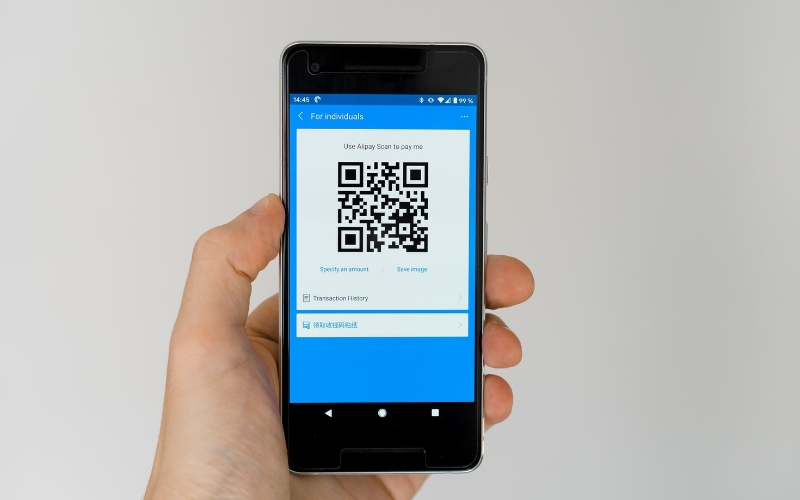
CHAPTER 4: 11 Ways To Avoid Scams
1. Beware of Cold Contacts
You should avoid any broker or financial advisor who phones you without your permission from a company with which you’ve never done business.
To contact someone, you could use a phone call, an email, or a letter. Don’t be deceived by invitations to investment seminars that promise free lunches or other perks in exchange for letting your guard down and investing rashly. Callers that use high-pressure sales tactics, advertise once-in-a-lifetime chances, or refuse to deliver written information regarding investment should be avoided, according to the SEC.
2. Have a Conversation
Whether you’re looking for a broker or a financial counselor, you should be comfortable with the people who will be giving you advice. Inquire extensively about the organization’s services and its experience dealing with clients with similar requirements to yours.

Also, learn about the professional’s relationship with you. When advising investments, for example, financial professionals must put their clients’ interests ahead of their own under the so-called fiduciary standard. This is a higher threshold than the so-called appropriateness criterion, which just requires the expert to make suggestions that are in the client’s best interests. While investment advisors must always follow the fiduciary standard, broker-dealers are not required to do so. However, you may be able to identify a broker-dealer who is willing to follow the fiduciary standard.
Go somewhere else if you can’t receive straight answers or if the person seems rushed or otherwise unwilling to supply you with complete and accurate information. Remember to inquire about prices, fees, and commissions. Both components of form ADV should be provided by registered investment advisors.
3. Do Some Research
The first step in finding a financial professional is to conduct a simple web search using the broker’s and firm’s names.

This could include client chats on internet forums, background information, and other material, as well as current press releases or media stories of alleged misbehavior or disciplinary procedures. For example, a search for “Lee Dana Weiss” returns hundreds of thousands of hits, including a link to a news release regarding the SEC lawsuit against him and his firm.
Then go straight to the regulatory agencies and conduct a search. Keep in mind that the agencies’ enforcement authorities may overlap at times, and they may give comparable information. Even so, it’s worth double-checking them all because they may have varying regulations about the information they provide and how long the data is accessible.
Here’s a rundown
- Securities regulators in each state: Your state’s authorities are likely to have information on broker and brokerage firm license, registration, and disciplinary proceedings, as well as registered investment advisors. Check out any resources your state provides for finding a broker or financial advisor, such as the New Jersey Bureau of Securities’ investor education tools.
- FINRA: The BrokerCheck website, administered by FINRA, an independent, not-for-profit agency authorized by Congress to safeguard investors, is another valuable source of information about brokers and their firms. For broker information, some states direct users to FINRA. Even if your state’s website offers a lot of information, it’s worth going to BrokerCheck to check if there are any more details.
- SEC: The SEC’s Investment Advisor Public Disclosure (IAPD) website, along with several state regulatory organizations, is a primary source of information regarding registered financial advisors. Most investment advisers and investment advisor companies are required to file the ADV registration and reporting form with the commission or states. The form asks for a lot of data about an advisor’s practice.

Do you suspect that someone had scammed you?
If you have any suspicion of a scam or phishing attack, then you can rely on EZChargeback to help you with protection, mitigation, and fund recovery.
You will feel safe knowing that experts with years of experience will be guiding you!

This could include client chats on internet forums, background information, and other material, as well as current press releases or media stories of alleged misbehavior or disciplinary procedures. For example, a search for “Lee Dana Weiss” returns hundreds of thousands of hits, including a link to a news release regarding the SEC lawsuit against him and his firm.
Part 2 of the form requires advisers to create a plain-English booklet that includes information about the advisor’s services, fee schedule, disciplinary information, conflicts of interest, and key staff’s education and business background, among other things. That pamphlet should be provided to you by your investment advisor, along with frequent updates. However, it is also available on the IAPD website. The SEC recommends that you never employ an investment advisor without reading the whole contract.
4. Verify SIPC Membership
You should also check whether a brokerage firm is a member of the Securities Investor Protection Corporation (SIPC), a non-profit organization that protects investors for up to $500,000 (including $250,000 for cash) if the company goes out of business, similar to how the Federal Deposit Insurance Corporation (FDIC) protects bank customers. Always make cheques payable to the SIPC member firm rather than an individual broker when investing.

5. Check Your Financial Statements Regularly
The possible disastrous thing you can do is put your money on autopilot. Checking your statements carefully, whether you get them online or by mail, can help you discover fraud or inaccuracies early on.
Ask questions if your investing results aren’t what you expected or if your portfolio has changed in unexpected ways. It’s a bad idea to accept muddled assurances that you don’t understand. Ask to speak with someone higher up in the organization if you’re having problems getting accurate answers. Never be afraid of appearing uneducated or arrogant.
6. When in Doubt, Withdraw Funds and Complain
Remove your funds from the financial advisor if you suspect impropriety. After that, file complaints with the same state, federal, and private regulators whose websites you visited when you first investigated the financial professional.
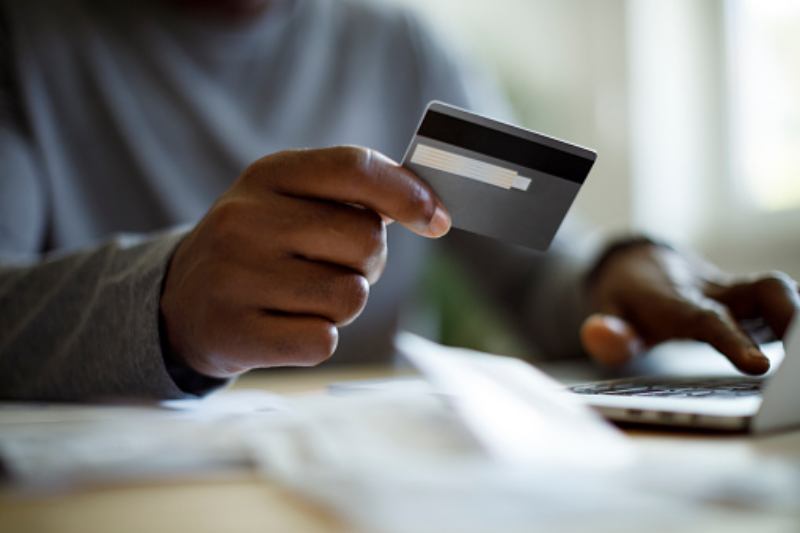
There are some actions you might take if you believe you have a real disagreement with your broker or advisor. A charter organization is made up of many financial specialists (you can usually tell by the abbreviations after their name). These organizations have their own set of rules and codes of ethics, so filing a complaint with them is equally worthwhile. You can make a complaint with the Certified Financial Planner Board of Standards, for example, if your issue is about a Certified Financial Planner (CFP).
You can contact the Association of Investment and Research if it is against a Chartered Financial Analyst (CFA).
7. Request to speak with a Retail Foreign Exchange Dealer
You can obtain the broker’s Retail Foreign Exchange Dealer (RFED) number by contacting them. You can also contact the Commodity Futures Trading Commission or the National Futures Association.
Don’t forget to look up their name on the internet since people who have been taken advantage of in the past rarely remain silent about it, and you might come across a post or website critical of the company.

8. Check to See if The Broker is Licensed
When most consumers want to check if their broker is registered and legitimate, they go to BrokerCheck. It will list the firm’s investment advisors as well as the securities they are permitted to trade. A list of persons who have been barred from practicing by FINRA is also available.
9. Don't Rush Your Decisions
Taking your time to prevent investment scams is the best approach to avoid them. Don’t make hasty decisions, and weigh all the benefits and drawbacks first. Finding a trustworthy Forex broker is not easy, but investing your effort will pay off in the long term. When you come across a broker or firm, the first thing you should do is google their name.
10. Look for Customer Reviews
Check out credible websites for user reviews. You should avoid that service provider if there are none or if they sound bogus. You can also read scam reviews to verify if a Forex broker is as trustworthy as they promise. Also, find out if the broker is the subject of any pending legal proceedings.

11. Keep Away from Opportunities That Seem Too Good to Be True
Is it possible to make money quickly? Certainly not! Don’t believe anyone who claims it’s simple to generate money with a “20 percent gain per month”.
It’s complete rubbish because profitable Forex and CFD (contract for difference) trading necessitates a significant amount of screening time, education, patience, and quick wits. There is no easy money in this town. However, if you put in the effort and learn how to trade effectively, you may be able to supplement your income.
Key Takeaways!
Although the Great Recession has passed, broker and investment advisor misconduct continues. So, before you give your money to a financial professional, do your homework and keep a tight eye on your accounts.
For valid reasons, investments may not perform as well as expected. But don’t be afraid to take your money out if you’re unhappy with your returns or have other problems that the advisor doesn’t address fast and effectively. Always pick a registered broker that is well-established, has positive internet reviews, and is completely clear in its pricing and compliance standards to avoid becoming a victim of fraud. The allure of quick cash and easy money will always be strong, which is why you should ensure you have a thorough knowledge of what it takes to succeed in forex trading without depending on unsafe quick-fix strategies.
do you need help?
A lot of those who contact us have questions and concerns about their personal and business data being compromised. We aim to arm you with the legal and technical know-how in the fight against scams. Also, we will be able to refer you to top scam recovery agencies.
Please fill up the form. Rest assured that our support team will get in touch with you


